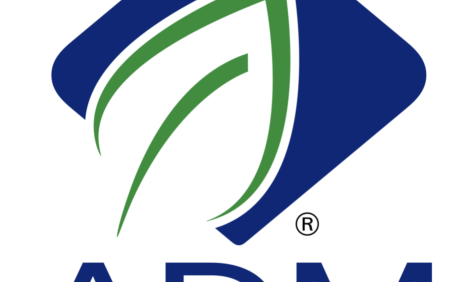



TB Free Status Boost for Scottish Cattle
UK - Europe’s decision to recognise Officially Tuberculosis Free (OTF) status for Scotland’s cattle herd has been welcomed by NFU Scotland and marks a new era for animal health and welfare in the country.The decision by the Scottish Government to seek OTF approval was based on the fact that the number of confirmed bovine TB cases in Scotland has now been at a consistently low level over a sustained number of years, that it meets the criteria required for OTF status.
It was also taken in light of the growing threat posed by the year-on-year spread of the disease in parts of England and Wales.
Endorsement by Europe’s Standing Committee for Food Chain and Animal Health starts a process that is likely to take several months and will involve the introduction of new measures, such as additional TB testing for cattle sourced from England and Wales. Such testing is designed to protect and enhance Scotland’s record on bovine TB.
Work can now begin in earnest to look at the implications for the traditional trade in suckled calves and store cattle between Scotland and other parts of the UK and how any concerns over this can be minimised. Scottish farmers brought in 14,000 cattle from England and Wales in 2008 – down from 21,000 head in 2006. There are no testing implications for prime cattle entering Scotland and going straight to abattoirs.
NFU Scotland’s Vice-President Nigel Miller, a Borders livestock farmer and vet said: "Applying for and receiving OTF status sends out a clear message to the rest of the UK and beyond about the efforts that have been taken in Scotland to improve the health record of our livestock.
"For Scotland to receive official recognition that our cattle herd is free of bovine TB is a fantastic achievement, particularly when set against the soaring disease incidence in some parts of England and Wales. The real work starts now in looking at how measured can be introduced in a practical and pragmatic way.
“There will be worries over any new TB testing requirements being placed on suckled calves and store cattle entering Scotland from low risk areas of England and Wales. This will create concerns for those Scottish producers who traditionally source store stock from low-risk areas in the UK and for those markets involved in facilitating that trade.
"The Scottish Government’s own figures show that sourcing stock from low risk parts remains an important, although declining aspect of our industry. Prime stock from England and Wales going direct to Scottish abattoirs would be unaffected.
"The OTF application process means that those farmers attending current sales of calves south of the Border will be unaffected by any new testing requirements although it remains good practice to check the TB status of any stock being introduced to your herd.
"As for the future, we now have a period of time to sit down with Scottish Government and other stakeholder to look at trade implications of any additional TB testing requirements and how any concerns brought about by our newly ratified OTF status can be addressed.
"Although additional testing may be required, the cost of such testing will always pale against the financial implications of a TB breakdown."
Meanwhile the Yorkshire Post reports that a farmer in Yorkshire has had to have his 140-strong herd of cattle destroyed because of bovine tuberculosis.
Vets from the Department for Environment, Food and Rural Affairs (Defra) have been trying to trace back an infection found in cows in the Denby Dale area, between Wakefield and Huddersfield.
The disease has been found in at least one other herd – also believed to be in Yorkshire – from which the farmer had bought stock.
The Denby Dale farmer had to agree to the destruction of all his 140 Holsteins after 40 tested positive for bTB and 20 more tests were inconclusive, the Yorkshire Post says.
Further Reading
| - | Find out more information on NAME OF DISEASE by clicking here. |


